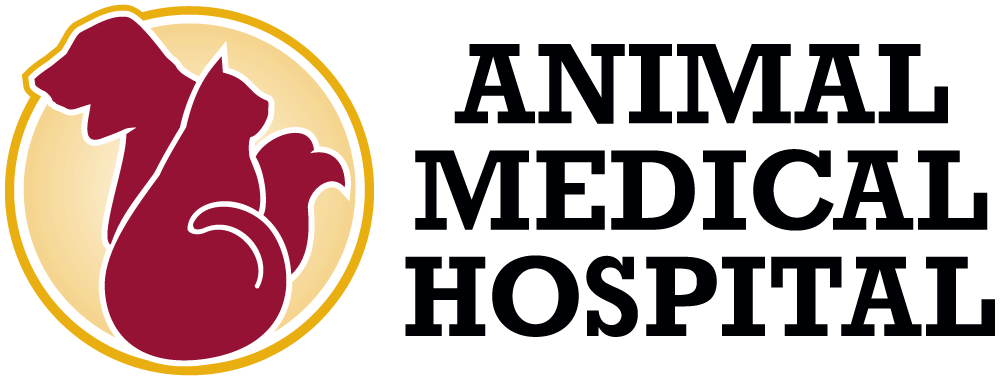
Obesity in pets is very common and leads to a wide variety of health problems including decreased life span, arthritis, impaired heart and lung function, gastrointestinal issues and diabetes. The good news is that obesity is completely preventable. For those pets that are already obese, our doctors will help guide you and your pet through an effective and safe weight loss program to shed those excess pounds.
Many pet owners are unaware that their pets are overweight. Body condition scoring is the best way to determine if your pet is at his or her ideal weight. Our doctors will help you determine your pet’s body condition score when your pet is being examined.
Tips For Weight Loss:
• Avoid feeding your pet table scraps (people food)
• Cut out commercially available dog and cat treats.
• Substitute high-fat dog treats with baby carrots, ice cubes, bananas and green beans.
• Measure your pet’s food for each meal using a measuring cup. (Guidelines for how much to feed your pet can be found on your bag of pet food.)
• Consider switching to a light pet food or one with fewer active ingredients.
• Start a daily exercise program, such as walking a couple of miles each day or spending half an hour playing fetch.
• Have your pet examined if, over a two month period, you are unable to significantly reduce his or her weight. Some obesity problems have their origin in health problems such as hyperadrenocorticism or hypothyroidism.
If you have implemented the above recommendations and your pet is still overweight, please discuss your concerns with one of our doctors. Some dogs have decreased thyroid function, preventing them from maintaining a healthy weight, and this can be easily detected and treated by your veterinarian. Other pets may need prescription weight loss food to shed those extra pounds. Whatever the cause, we will help your pet maintain a healthy weight.




